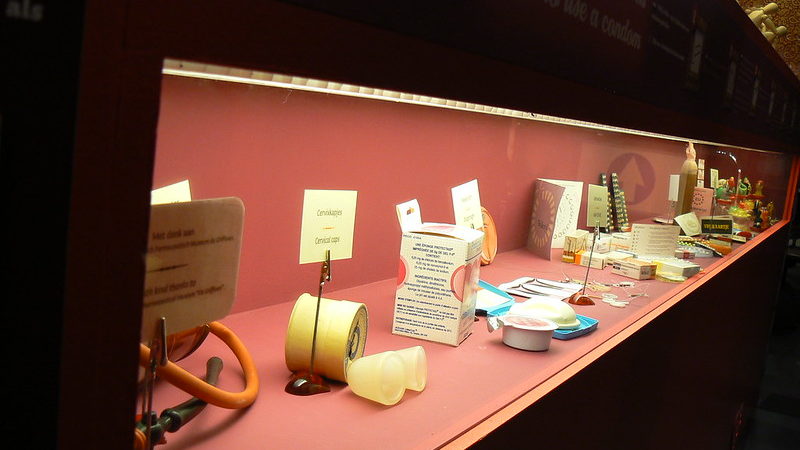Item Link: Access the Resource
File: Download
Publication Info: https://doi.org/10.3390/world4030036
Date of Publication: September 11
Year of Publication: 2023
Publication City: Basel, Switzerland
Publisher: MDPI
Author(s): Jan Greguš, John Guillebaud
Journal: World
Volume: 4(3)
Pages: 589-597
Abstract
The human population reached 8 billion in 2022 and is still growing, and will possibly peak at 10.4 billion in 2086. Environmental science mandates that the continued growth of the human enterprise on a finite planet is unsustainable and already in overshoot. Indeed, 3 billion is an evidence-based target number, for our species in competition with all non-human life forms. We must achieve zero population growth and, ultimately, a massive decrease.
Commonly, even among environmentalists who are not “population-deniers”, human numbers are seen as a given, to be adapted to rather than influenced or managed. Yet, just and appropriate interventions exist. The fundamental requirement is the empowerment of women, removing the barriers in many settings to their education (including environmental education, and the reproductive ethics of smaller families) and realistic, voluntary access to contraception.
Wherever “reproductive health” includes access to rights-based family planning, this not only promotes the health of the planet but also women’s health through, inter alia, their choice to have fewer and better-spaced children. This is ethical, pragmatic, and cost-effective—a prime example of preventive medicine. Politicians (mostly men) everywhere must embrace this long-term thinking and significantly increase the currently inadequate funding of contraceptive care. Herein is another Scientists’ Warning: there is just one planet for all life.
Keywords: population; sustainability; reproductive ethics; family planning; contraception; women’s health and rights; long-term thinking
Read the full paper here or download it from the link above.

